On June 22, in response to the attention and comments of National Assembly Deputies (NADs) on the revised Telecommunications Law, in his explanatory and acceptance speech, Minister of Information and Communications Nguyen Manh Hung affirmed that the drafting agency had listened, fully accepted and would continue to perfect the bill.
Explaining and clarifying some contents, the Minister of Information and Communications (MIC) said that he will pay special attention to issues such as balancing between rigid regulations, legal principles and flexibility at the decree level for new issues, new technologies, new services, which are changing rapidly; balancing between management and development, between development and sustainability, as well as harmonizing the interests of three parties: People, service providers and the State; minimal management but strict enforcement; the issue of reducing compliance costs of businesses and law enforcement costs of the State; the issue of convergence of telecommunications, IT and digital technology . With the goal of building a super-large capacity digital infrastructure, super-wide bandwidth, universal, sustainable, green, smart, open and secure.
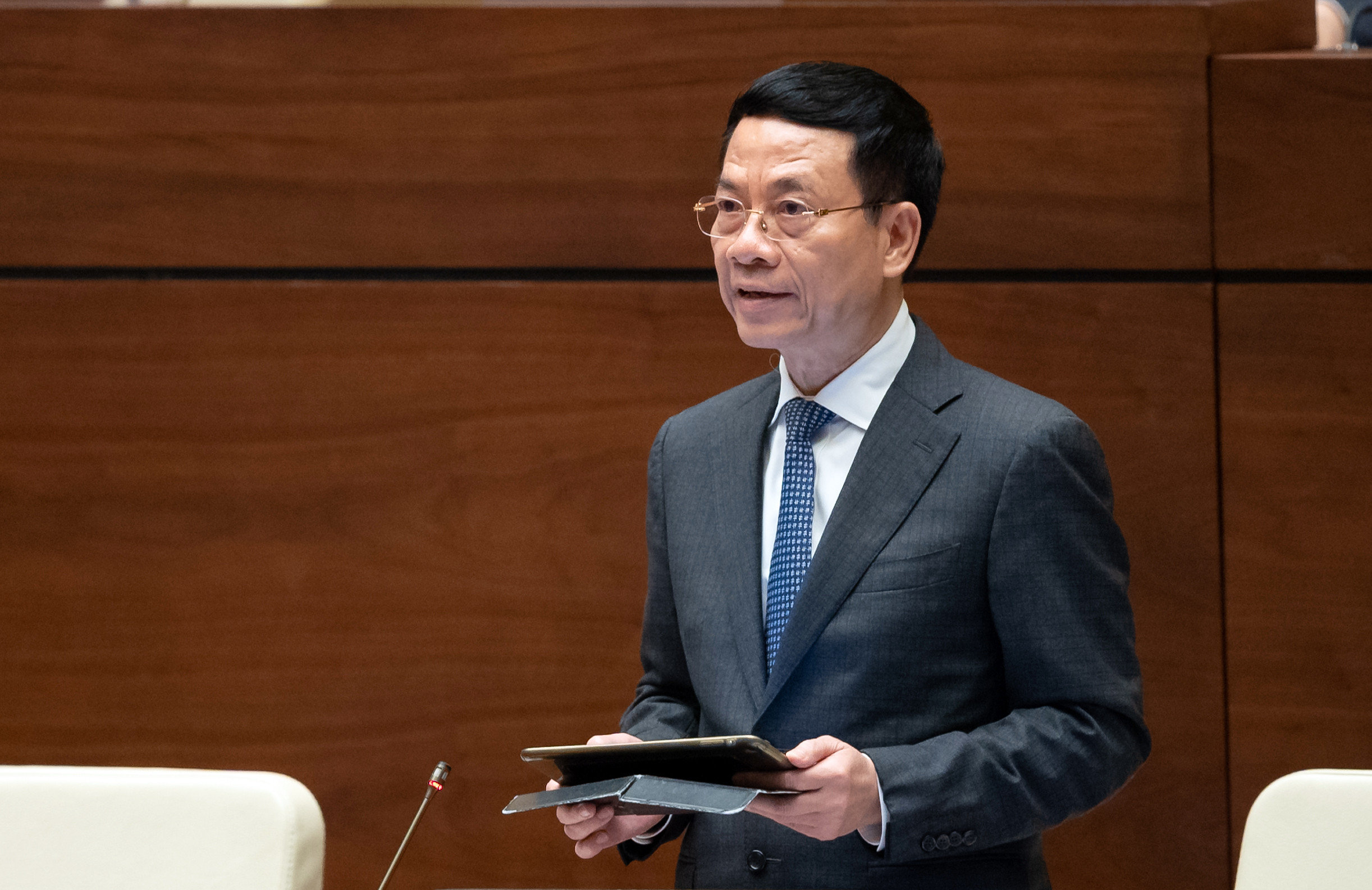
Every country aims to universalize telecommunications and the Internet.
Speaking at the meeting about the revised Law on Telecommunications, delegate Sung A Lenh (Lao Cai delegation) was concerned about the Public Telecommunications Service Fund. The delegate said that it is necessary to clearly define each public telecommunications service, and supplement the rights and responsibilities of specialized State management agencies at localities in using and managing the fund.
Receiving the delegates' opinions, Minister of Information and Communications Nguyen Manh Hung said that the Public Telecommunication Service Fund is a universal service fund. Every country must set the goal of universalizing telecommunications and the Internet; covering remote areas, border and island areas, especially to develop the digital economy and digital society.
If the State takes on the responsibility of universalization with the State budget, the network operators tend to invest only in densely populated and profitable areas, and therefore, the State has to invest a lot. Therefore, most countries choose to require the network operators to be responsible for universalization.
According to Minister Nguyen Manh Hung, there are two ways for network operators to do this. One is to require network operators to have wide coverage, which is difficult for small network operators. The second way is for network operators to contribute to the Universal Fund according to their revenue, "large ones contribute a lot, small ones contribute a little", then the State uses this fund to popularize the service. Most countries follow this second way.
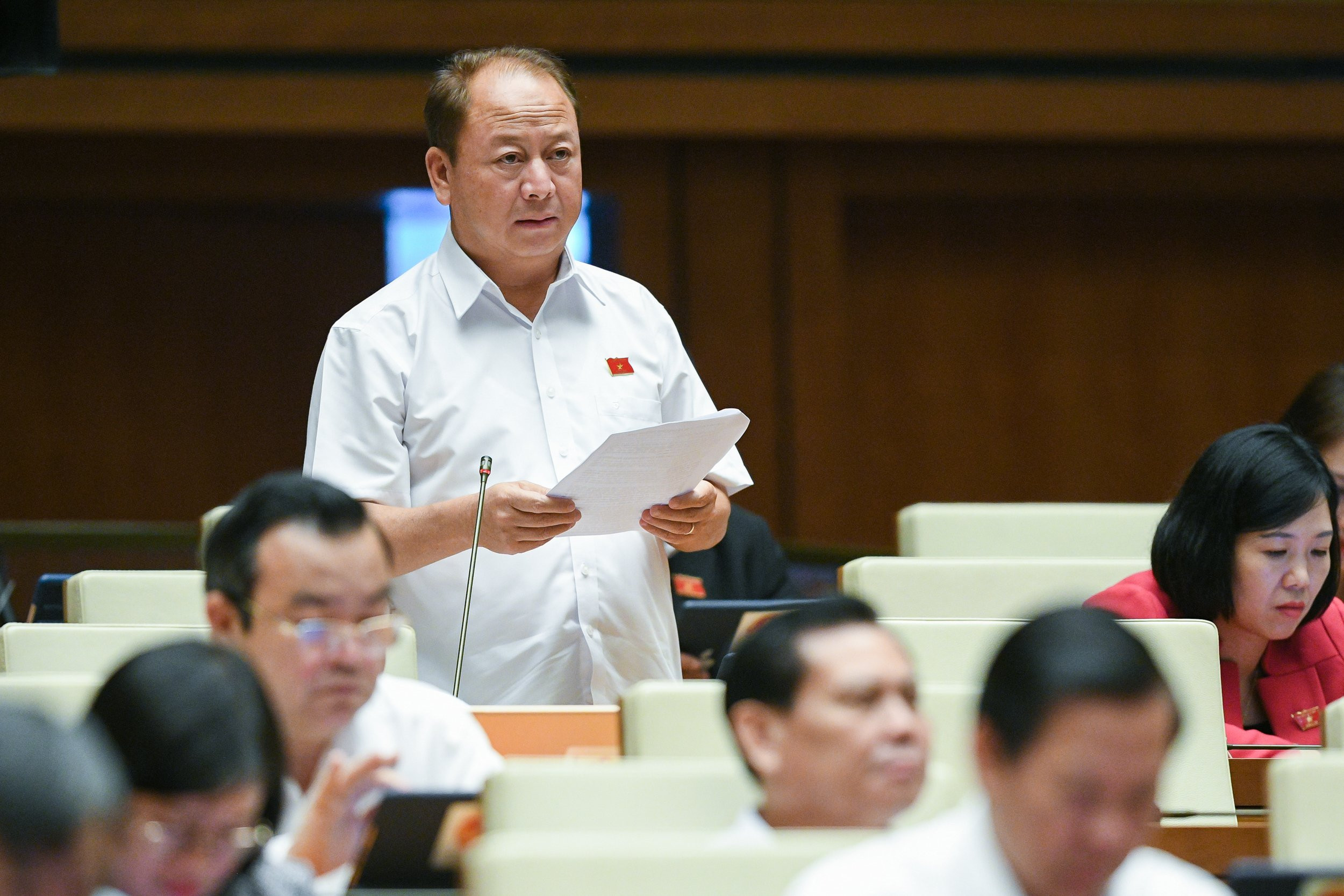
In Vietnam, this fund is basically handed over to the network operators themselves, meaning that the network operators basically receive their contribution back to popularize the service. After popularizing 2G, it was 3G, then 4G, then 5G and so on. The fund has actively contributed to Vietnam having wide coverage, people having popularized services and having phones, among the top in the world.
However, recently, the fund's operation has had some shortcomings, such as slow disbursement and fund balance. It is necessary to adjust the provisions in the draft Law in the direction of clearly defining the objectives, collection methods, management and use so that the fund can operate better instead of stopping its operations.
In addition to providing coverage for disadvantaged areas, the Universal Service Fund also supports people in remote, isolated, border and island areas with both equipment and basic service costs. All state poverty reduction programs use this fund to support people.
Therefore, the Ministry of Information and Communications proposes that the National Assembly consider continuing to maintain this fund. The Ministry of Information and Communications will report to the Government to propose to the National Assembly to change the name to Universal Service Fund, and change some mechanisms to overcome the existing problems.
Minimal management, severe punishment
Speaking at the meeting, delegate Vuong Quoc Thang (Quang Nam delegation) said that the scope of this law adjustment will be expanded to include three new types of services, namely data centers, cloud computing and basic telecommunications services on the Internet, abbreviated as OTT telecommunications.
Delegates agreed with this expansion to promptly adjust and manage newly emerging application services that operate on the Internet platform without using digital resources that depend on telecommunication connections.
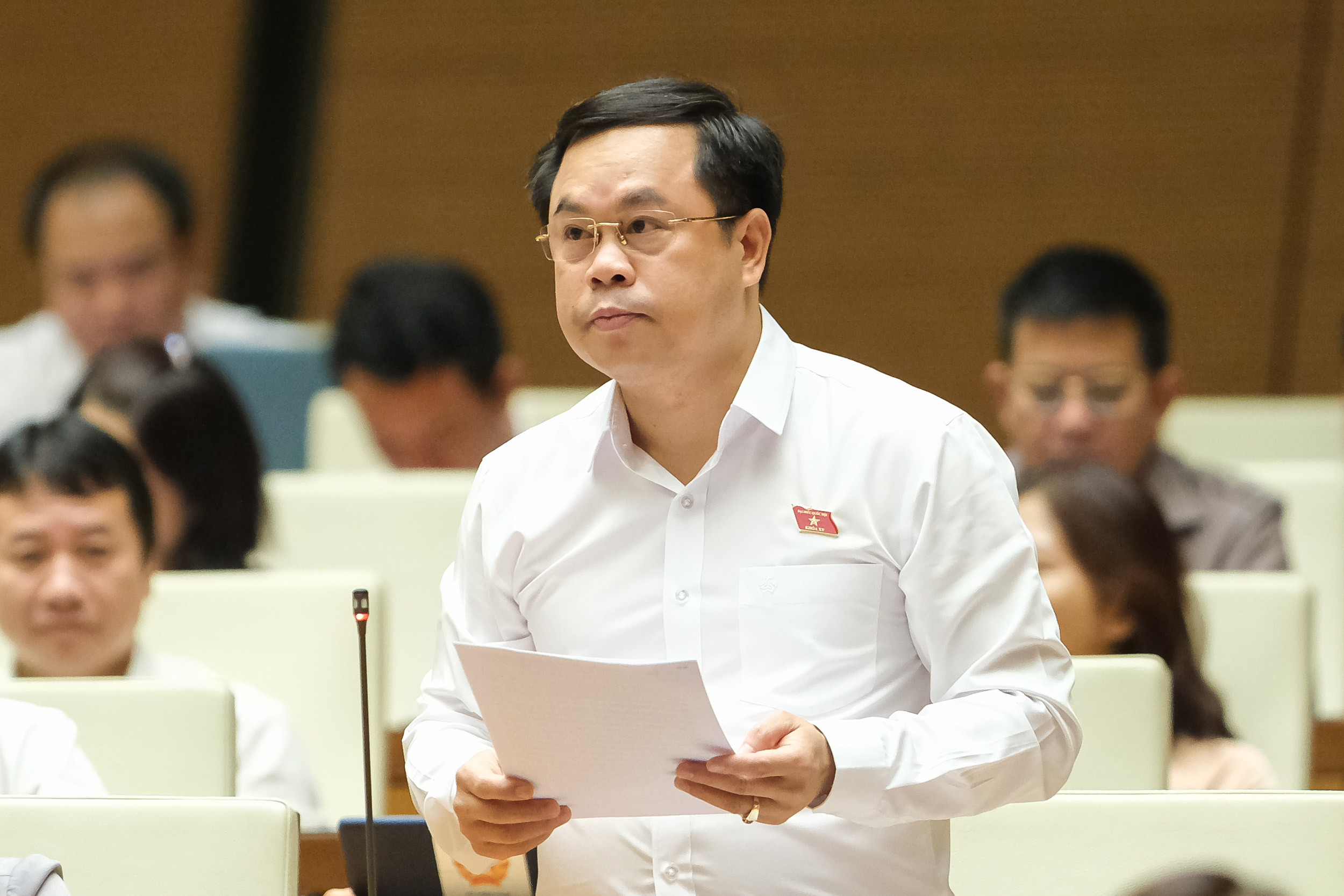
However, according to the delegate of Quang Nam delegation, the drafting agency needs to consider and calculate very reasonably, because if management is too tight, it will affect the encouragement of new service development and innovation.
Responding to the opinion of delegate Vuong Quoc Thang about OTT telecommunications services, the Minister of Information and Communications said that these are voice and messaging services, similar to basic telecommunications services, but provided by Internet technology. The viewpoint of the Ministry of Information and Communications is that service management does not depend on technology.
But OTT telecommunications services do not have infrastructure, users can easily change providers because the service registration procedure is simple, the market is very competitive because of many providers, so management must be less, must be softer than traditional telecommunications services.
“Management is similar to telecommunications services, mainly in terms of public interests,” said Minister Nguyen Manh Hung.
The Ministry of Information and Communications finds that many of the opinions of the National Assembly delegates are valid, basically management needs to be softer, more lenient, and not incur additional compliance costs for service providers. Therefore, the Ministry of Information and Communications would like to report to the Government for consideration and acceptance in the following directions:
Management is minimal but punishment is strict. Management is basically based on what the service provider already has, to avoid additional compliance costs. Management will not differentiate between large and small service providers, charging or not charging, domestic or foreign. Since management is minimal, there is no need to differentiate.
Require service providers to be transparent with customers: about prices, contract conditions, and service quality. Require service providers to keep customer information confidential and provide information to investigative agencies upon request. When registering to use the service, customers must provide information, such as phone numbers. Most service providers have already registered and authenticated via phone numbers, so this regulation does not incur additional costs. The Ministry of Information and Communications will report to the Government to consider easing business conditions, from licensing and registration to notification.
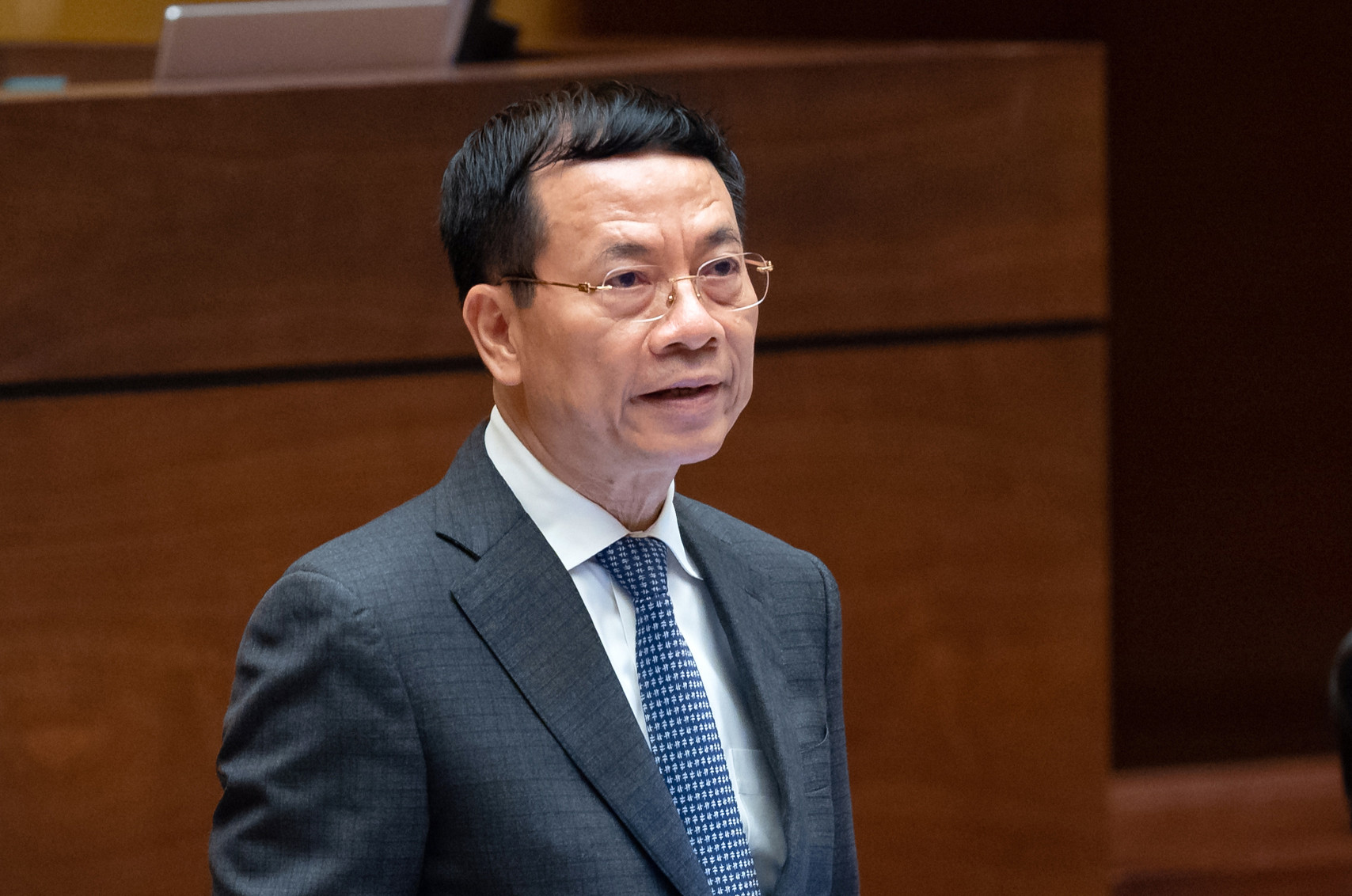
Regarding data centers and cloud computing, according to Minister Nguyen Manh Hung, this new type of service must also be managed somewhere to be legitimate, to resolve disputes and problems arising between businesses, to ensure quality with customers, and for the State to ensure development according to strategy, planning, standards and regulations.
The Investment Law has identified data centers as a conditional business. However, to date there are no specialized regulations on data center business conditions.
“Bringing telecommunications into management and facilitating development is because telecommunications infrastructure has shifted to digital infrastructure, because data centers and cloud computing provide services through telecommunications networks, similar to value-added telecommunications services,” said Minister Nguyen Manh Hung.
In response to the opinions of many National Assembly Deputies, the Ministry of Information and Communications will propose that the Government revise regulations in the direction of "soft management", like many other countries, to create strong development of this type of infrastructure and services, while still ensuring safety, security, and protecting the rights of users.
According to the Minister of Information and Communications, data centers are infrastructure-based and must be developed in accordance with planning, so registration is required. Cloud computing is a service, so only notification is required. Registration and notification procedures can be done online, based on the commitment of the enterprise without pre-inspection. Regarding the capital contribution ratio of foreign investors, up to 100% is allowed. Domestic and foreign enterprises are managed the same, without reverse protection.
Telecommunications infrastructure will increase exponentially, so there will be more need for sharing.
Giving his opinion on the draft law, delegate Nguyen Minh Tam (Quang Binh delegation) was concerned about the issue of sharing telecommunications infrastructure. According to the delegate, the provisions in the draft are quite detailed, on the basis of inheriting the 2009 Telecommunications Law. The delegate requested the drafting agency to stipulate more specifically the cases of network connection and infrastructure sharing.
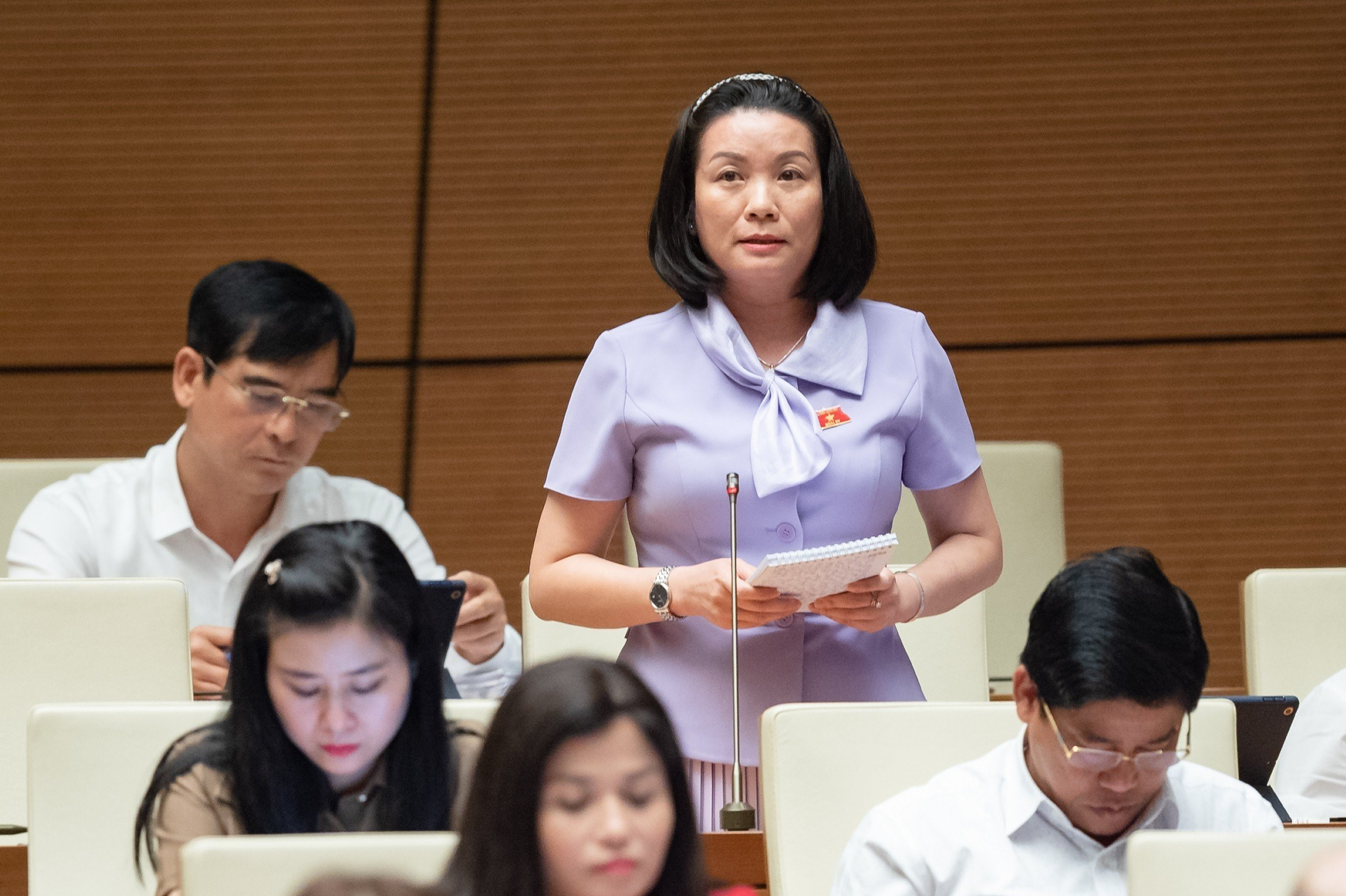
Regarding the development of telecommunications infrastructure, the Minister of Information and Communications said that the general view here is that telecommunications infrastructure is essential infrastructure, prioritized by the State to build and protected by the State. The State supports telecommunications enterprises to deploy infrastructure on public land and public assets. The State issues plans, regulations, and standards on shared infrastructure use between telecommunications enterprises, shared infrastructure use with other industries, ensuring investment efficiency and urban aesthetics.
In particular, when switching to 5G/6G, the frequency is high, so the coverage is narrow, requiring many broadcasting stations, serving not only people but also all things, requiring large capacity. Therefore, the infrastructure will increase many times, so there will be even more need for sharing and sharing infrastructure.
The amended Law on Telecommunications stipulates more clearly the authority of the Government, the Ministry of Information and Communications, the Ministry of Construction and provincial People's Committees on planning, standards, regulations and dispute settlement regarding telecommunications infrastructure.
Regarding the auction of telecommunications resources, according to Minister Nguyen Manh Hung, the most important amendment is that beautiful codes and numbers will be decided by the market, not by State agencies as before. The starting price of the auction will be fixed and there will be no need to determine the starting price, because the number of beautiful numbers is very large, what is beautiful is different for each person, it is very difficult to determine. Codes and numbers brought up for auction that no one buys will be given directly to businesses. With the new mechanism that is clearer, easier to do, more transparent in the draft Law, it will create conditions for the Government to specify details for effective implementation.
Source




![[Photo] Prime Minister Pham Minh Chinh chairs the 15th meeting of the Central Emulation and Reward Council](/_next/image?url=https%3A%2F%2Fvphoto.vietnam.vn%2Fthumb%2F1200x675%2Fvietnam%2Fresource%2FIMAGE%2F2025%2F11%2F27%2F1764245150205_dsc-1922-jpg.webp&w=3840&q=75)


![[Photo] President Luong Cuong attends the 50th Anniversary of Laos National Day](/_next/image?url=https%3A%2F%2Fvphoto.vietnam.vn%2Fthumb%2F1200x675%2Fvietnam%2Fresource%2FIMAGE%2F2025%2F11%2F27%2F1764225638930_ndo_br_1-jpg.webp&w=3840&q=75)
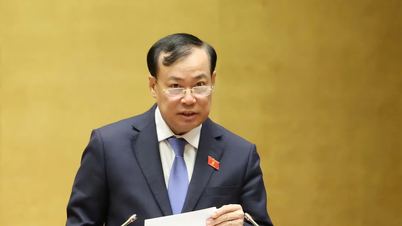




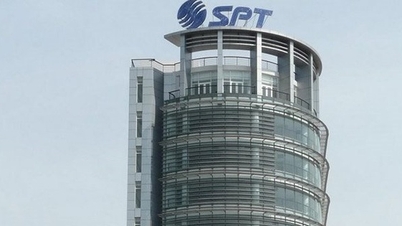






















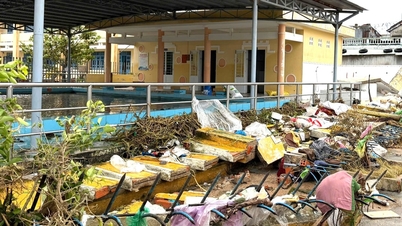


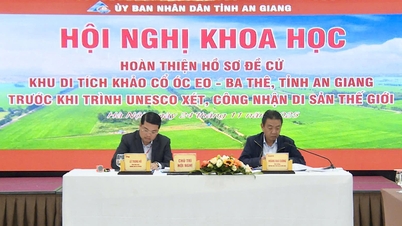
















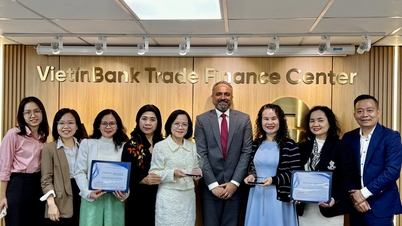













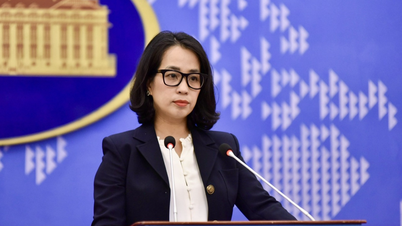



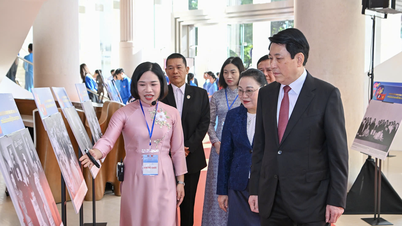
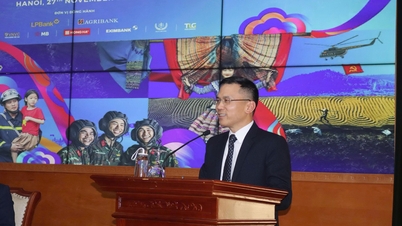
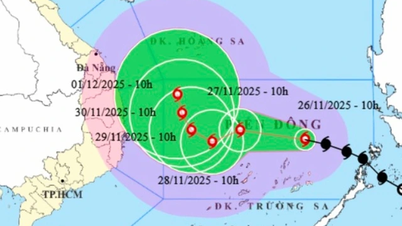
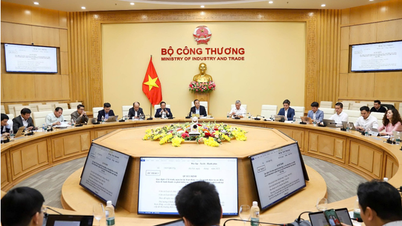

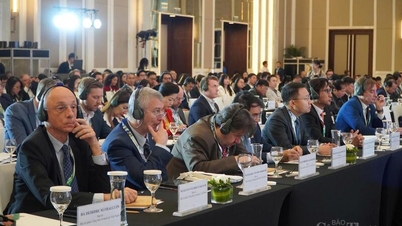
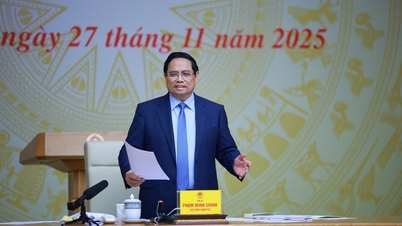










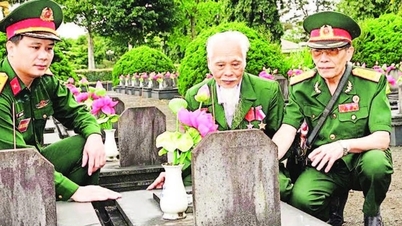











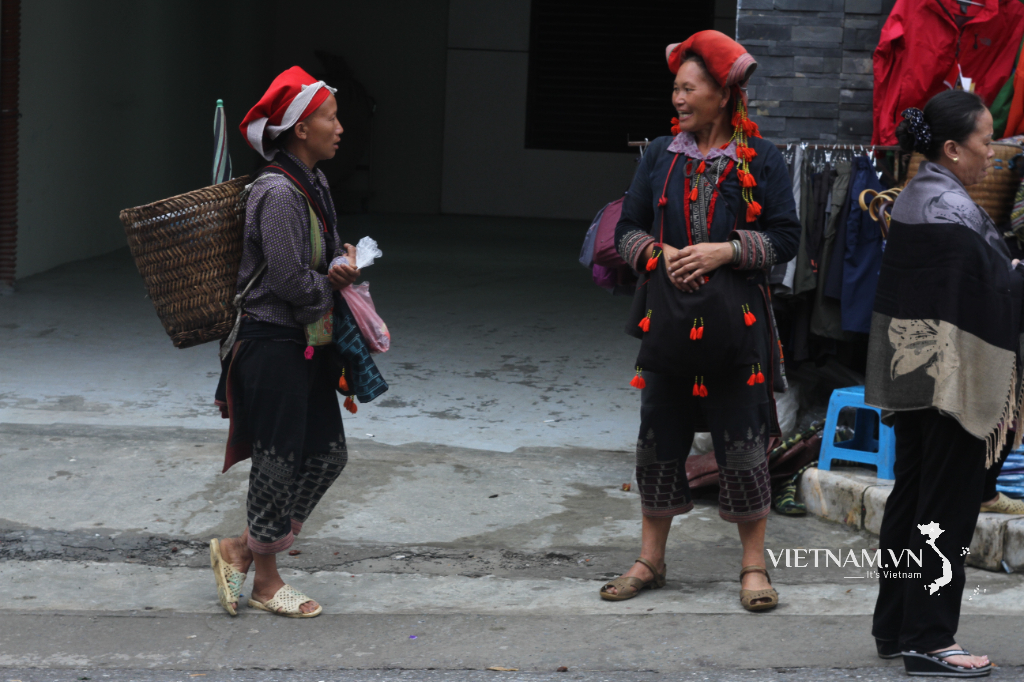

Comment (0)